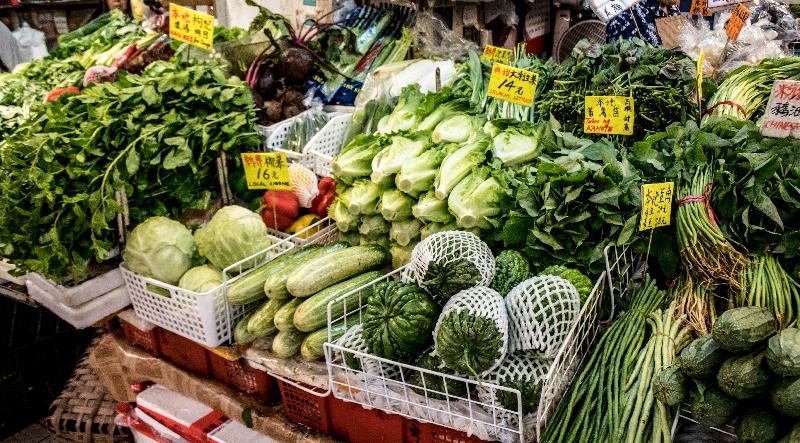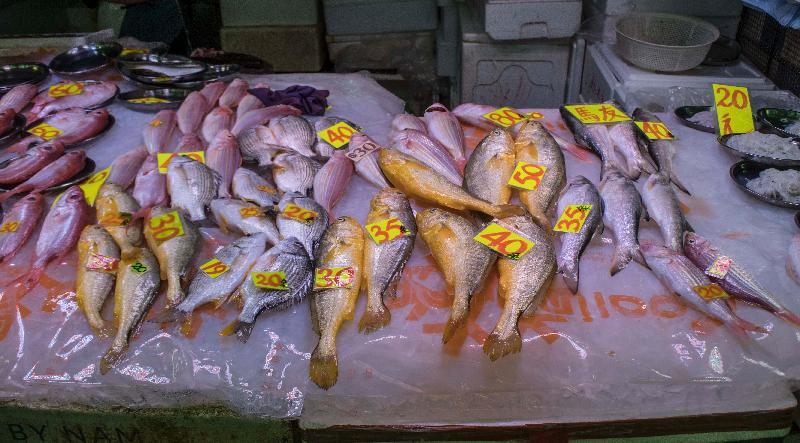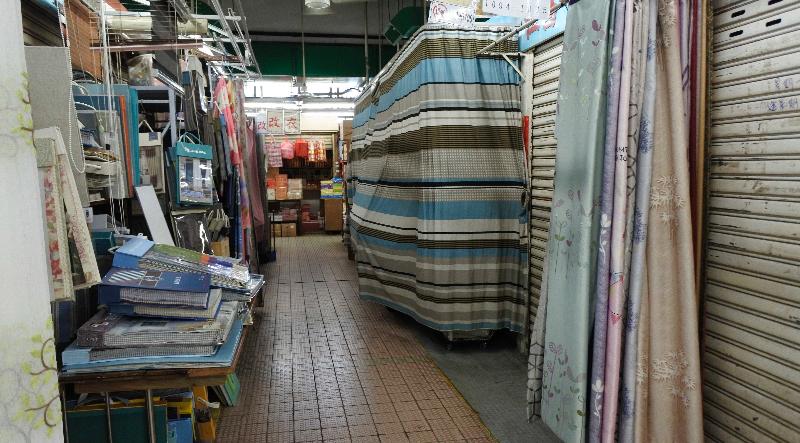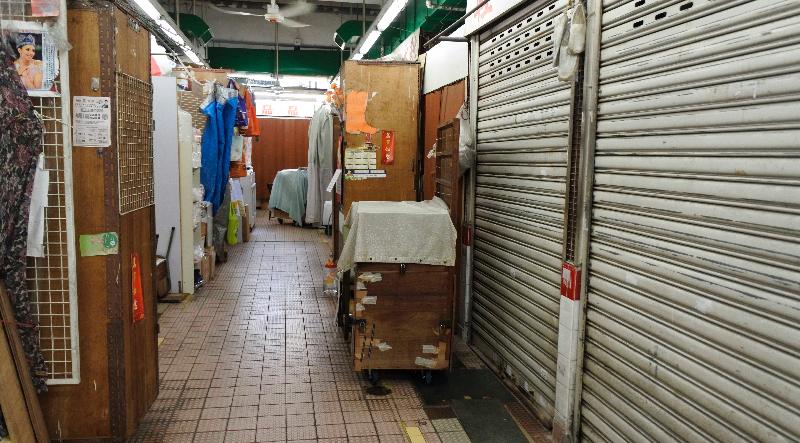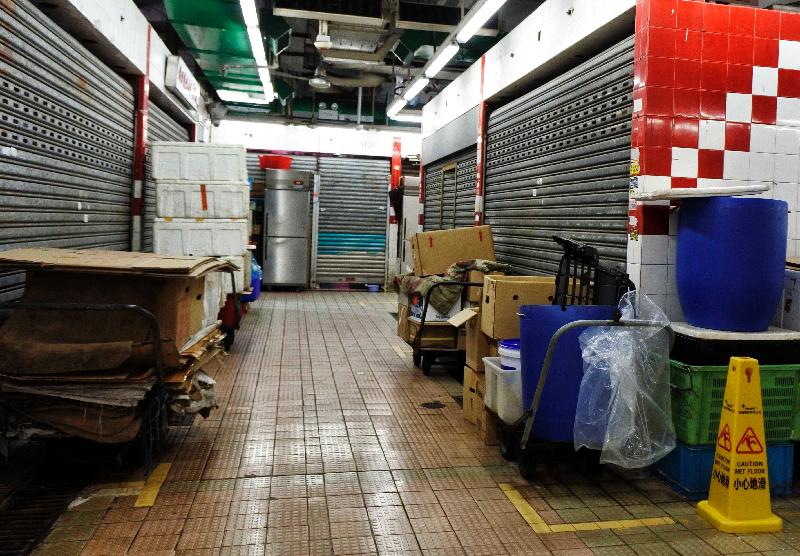Smoking ban extended to three bus interchanges leading to expressways or tunnels
The Tobacco Control Office (TCO) of the Department of Health today (August 30) reminded the public that the smoking ban will be extended to cover three additional bus interchanges (BIs) leading to expressways or tunnels with the commencement of the Smoking (Public Health) Ordinance (Amendment of Schedule 2) Order 2018 tomorrow (August 31). The three new statutory no-smoking areas (NSAs) are:
1. Aberdeen Tunnel Bus Interchange;
2. Lantau Toll Plaza Bus Interchange; and
3. Tuen Mun Road Bus Interchange.
“The extension is aimed at further protecting the public from the harm of second-hand smoke,” a spokesman for the TCO said.
Since March 31, 2016, the following eight BIs at tunnel portal areas have been designated as statutory NSAs:
1. Lion Rock Tunnel Bus Interchange;
2. Cross-Harbour Tunnel Bus Interchange;
3. Eastern Harbour Crossing Bus Interchange;
4. Shing Mun Tunnels Bus Interchange;
5. Tate’s Cairn Tunnel Bus Interchange;
6. Western Harbour Crossing Bus Interchange;
7. Tai Lam Tunnel Bus Interchange; and
8. Tsing Sha Highway Bus Interchange.
“Enforcement at the designated NSAs has been largely smooth and the public has welcomed the smoking ban in these areas. To further protect the health of individuals, the Government decided to extend the smoking ban to the three additional BIs under the Order.
“With the commencement of the Order, the smoking ban covers all 11 BIs that lead to expressways or tunnels throughout the territory,” the spokesman said.
No-smoking signs and layout plans have been put up, and demarcation lines have been displayed to indicate clearly the boundaries with regard to the respective physical settings at the new statutory NSAs to remind the public of the smoke-free requirements. Publicity activities have also been launched to promote public awareness and compliance.
The plans showing the boundaries of the NSAs are also available in the Land Registry, and have been uploaded to the TCO’s website (www.tco.gov.hk/english/legislation/legislation_bi.html) for public inspection.
Any person who smokes or carries a lighted cigarette, cigar or pipe in a designated NSA or in public transport will be liable for a fixed penalty of $1,500. Tobacco Control Inspectors will prosecute smoking offenders without prior warning.
“We appeal to smokers to quit smoking as early as possible for their own health and that of the others. They are encouraged to call the DH’s Integrated Smoking Cessation Hotline on 1833 183. The hotline is operated by registered nurses, providing professional counselling services on smoking cessation,” the spokesman said. read more



